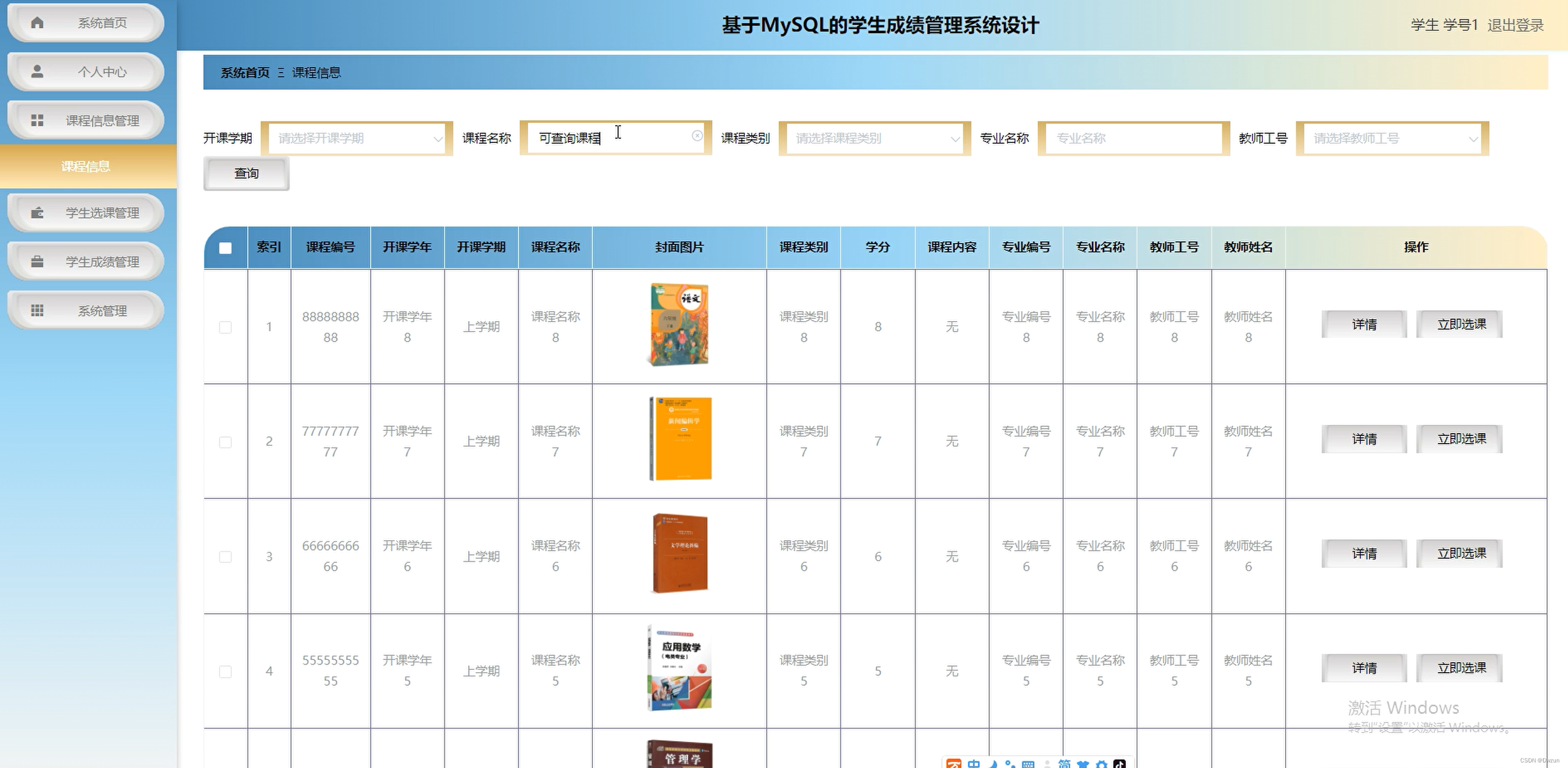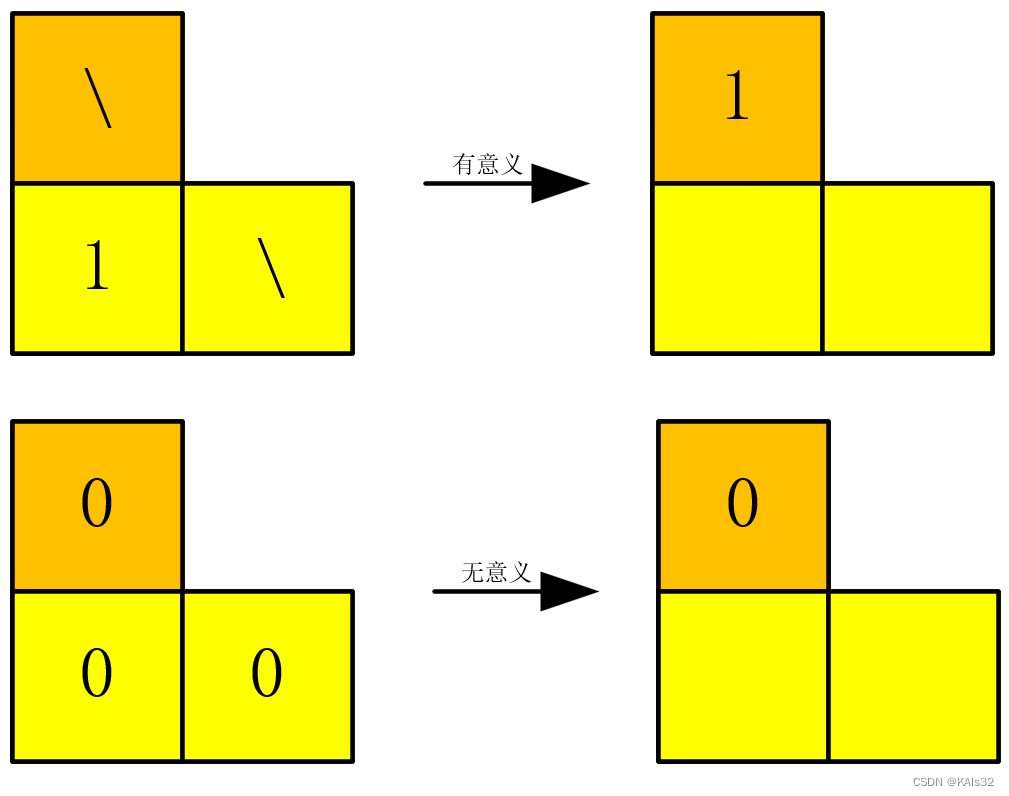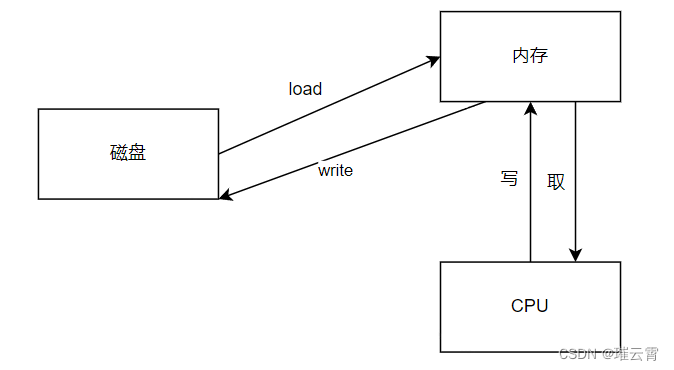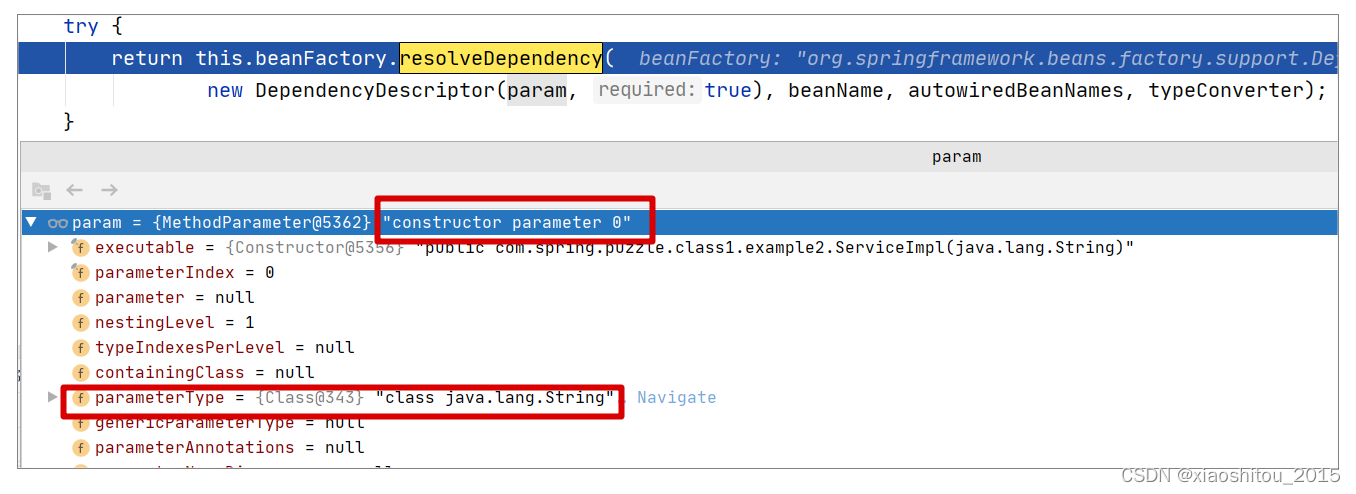
爱、自由与创造——教育改革的三大基石
Love, Freedom, and Creativity: The Three Pillars of Educational Reform
在当今社会快速发展的背景下,创造性思维的重要性日益凸显。然而,我们必须认识到,创造性并非凭空产生,而是深深植根于爱的滋养和自由环境的土壤之中。教育改革的核心正是围绕这三个关键要素展开,即爱的教育、自由的教育以及创造性的教育。
In the backdrop of today’s rapidly evolving society, the importance of creative thinking becomes increasingly prominent. However, it is essential to recognize that creativity does not emerge out of thin air but is deeply rooted in the nurturing soil of love and the environment of freedom. The core of educational reform revolves around these three key elements: education based on love, education promoting freedom, and education fostering creativity.
首先,爱的教育是培养创造性的温床。爱作为一种强大的情感动力,能够给予学生无条件的支持与接纳,让他们在充满关爱的氛围中敢于尝试、勇于探索。教师以爱为引,激发学生的内在潜能,鼓励他们追求自我价值实现,这样才能培养出独立思考、富有同理心和创新精神的人才。缺乏了爱的教育,孩子们可能会因恐惧失败或担心不被接纳而收敛创新的冲动,从而无法充分发掘自身的创造性天赋。
Firstly, education based on love serves as the nurturing ground for cultivating creativity. Love, as a powerful emotional force, provides students with unconditional support and acceptance, allowing them to dare to try and courageously explore within a caring atmosphere. Teachers, guided by love, tap into students’ intrinsic potentials, encouraging them to pursue self-value realization. Only through such an approach can talents be nurtured, who possess independent thinking, empathy, and an innovative spirit. Without education based on love, children may suppress their innovative impulses due to fear of failure or worry about not being accepted, hindering the full exploration of their creative talents.
其次,自由的教育环境则是创造力得以蓬勃生长的空间保障。自由意味着尊重个体差异,允许学生自主选择学习路径,倡导多元化的发展方向。只有在一个摆脱了僵化规则束缚,允许试错和反思的学习环境中,学生们才能大胆地提出新观点、挑战旧观念,进而推动创造性思维的发展。没有自由的教育,如同在有限的框架内种植树木,其枝叶难以伸展至广袤的天空。
Secondly, an environment of educational freedom is the space that ensures the flourishing growth of creativity. Freedom entails respecting individual differences, allowing students to autonomously choose learning paths, and advocating for diverse developmental directions. Only in a learning environment free from rigid rules, allowing trial and error and reflection, can students boldly propose new ideas, challenge old notions, and, in turn, drive the development of creative thinking. Without educational freedom, it is akin to planting trees within limited frameworks, and their branches and leaves struggle to extend into the vast sky.
因此,创造性教育作为教育改革的终极目标,必须建立在爱的教育和自由教育的基础之上。这两者如同阳光雨露,共同滋养着创新思维之花的绽放。唯有当学生在一个充满爱并享有自由选择权的环境中成长,他们的想象力才能插上翅膀,思维能力才能得到充分锻炼,最终孕育出无穷的创造力。
Therefore, creative education, as the ultimate goal of educational reform, must be built upon the foundation of education based on love and educational freedom. These two, like sunshine and rain, jointly nurture the blossoming of the flower of innovative thinking. Only when students grow in an environment full of love and with the freedom to make choices, can their imagination take flight, their thinking abilities be adequately exercised, and ultimately, boundless creativity be nurtured.
综上所述,我们呼吁并积极推动教育改革,旨在构建一个以爱为引导、以自由为基础、以培养创造性为核心的教育体系。只有这样,我们的教育才能真正服务于未来社会的需求,培养出能够引领时代进步的创新型人才。
In conclusion, we advocate and actively promote educational reform aimed at constructing an educational system guided by love, grounded in freedom, and centered on cultivating creativity. Only in this way can our education truly serve the needs of future society and cultivate innovative talents capable of leading progress in the era.



















